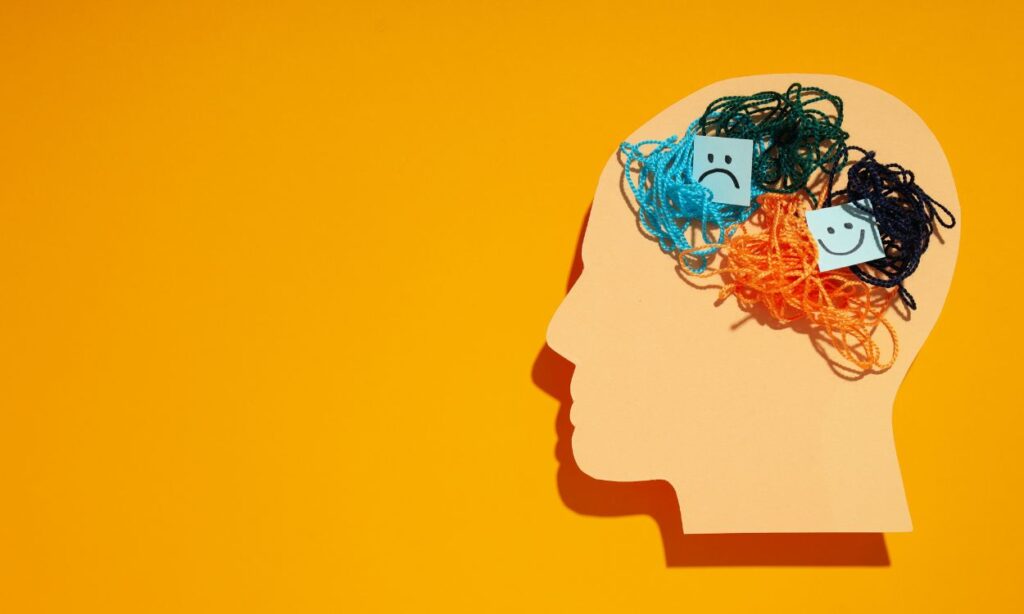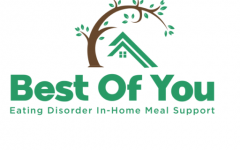Eating disorders, although often portrayed in very specific lights by the media, are multifaceted mental health conditions that can affect anyone, regardless of age, gender, or background. At Best of You, we provide a space filled with understanding, offering guidance to anyone navigating this complex journey. Let’s delve deeper into recognizing the signs and understanding the many faces of eating disorders.
Understanding the Depth of Eating Disorders
While everyone might have passing thoughts about their dietary choices or fleeting concerns about body image, when these thoughts become obsessive or start impacting daily functioning, they may be indicative of an eating disorder. These disorders are complex and involve a mix of emotional, physical, and psychological symptoms.
Signs & Symptoms: Beyond the Physical
Persistent Concern with Body Image 🌟
Beyond frequent mirror checks, there’s a constant internal dialogue about body shape, size, or perceived flaws.
Evolving Eating Habits 🍽️
This isn’t just about skipping meals. It’s about developing rigid rituals around food, sudden vegetarianism or veganism without prior interest, or intense fear around specific food groups or food calories.
Emotional Turmoil Connected to Food 💭
Feelings of guilt, shame, or distress after eating are telltale signs. For some, this might even escalate to avoiding social events involving food.
Secrecy Surrounding Food 🤫
This could manifest as hiding food, lying about consumption, or sneaking away to eat.
Physical Indicators and Health Issues 🌡️
Beyond weight fluctuations, look for signs like fatigue, dizziness, dental issues, or disruptions in menstrual cycles for women.
Compulsive Behaviors 🔄
Over-exercising, using laxatives, or other compensatory behaviors after eating can indicate deeper issues.
Deeper Emotional and Psychological Layers

Many times, eating disorders are symptomatic of deeper issues. Societal pressures, personal traumas, anxiety, or even past negative experiences related to food that can all contribute to the development of these disorders.
Professional Guidance and the Importance of Early Intervention
The sooner one recognizes these signs and seeks support, the better the chances of a holistic recovery. Early intervention can lead to more successful outcomes and prevent severe health complications.
Best of You: Here for You Every Step of the Way
At Best of You, we believe in taking a personalized approach. Every individual’s journey with food and body image is unique, and we’re here to provide the understanding and tailored guidance you deserve. Through our extensive resources, understanding professionals, and a community that cares, we aim to make your path to recovery smoother and filled with hope.
Conclusion
Eating disorders are intricate, often mirroring deeper emotional and psychological struggles. Recognizing the signs is the first step in seeking the support and understanding one deserves. With Best of You by your side, you’re never alone on this journey. Let’s take the steps towards healing, understanding, and a healthier relationship with food and self.
Connect with Best of You today and embark on your personalized journey towards understanding and recovery.





